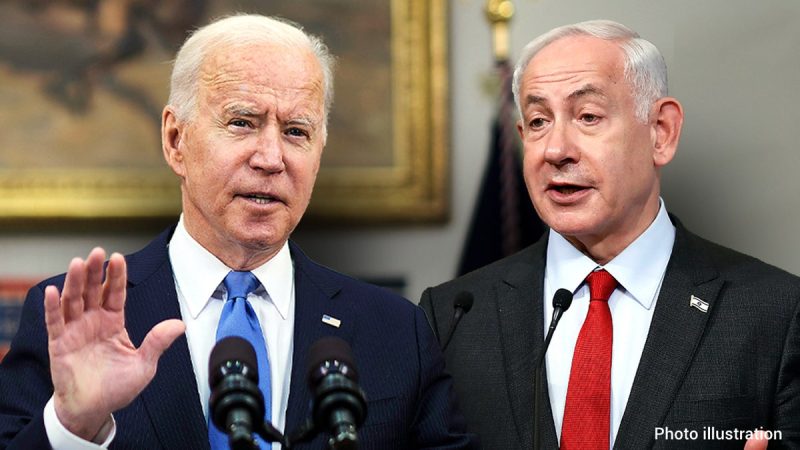The current conflict between Israel and Palestine has once again ignited emotions and triggered debates around the world. The latest development in these ongoing tensions has been the decision made by the Biden administration to impose sanctions on four Israelis, a move that is being seen by some as a purely political decision while ignoring Palestinian terror on the West Bank.
The decision by the Biden administration to target these four individuals has been met with mixed reactions. On one hand, proponents of the administration argue that these individuals were involved in human rights abuses and violations against Palestinians. They argue that imposing sanctions is a necessary step towards holding individuals accountable for their actions.
On the other hand, there are those who argue that this move by the Biden administration is purely political and fails to acknowledge the ongoing terror inflicted by Palestinian groups on the West Bank. They believe that by solely focusing on Israeli actions, the administration is turning a blind eye to the violence committed by Palestinian extremists.
Critics of the administration’s decision argue that it undermines the progress made in recent years towards peace negotiations and reconciliation between Israelis and Palestinians. They claim that by disproportionately targeting Israeli individuals, the Biden administration is sending a message that it is biased and not interested in addressing the broader issue of violence in the region.
Moreover, they argue that the timing and manner in which these sanctions were imposed further indicate the political motivations behind the decision. The move comes at a time when tensions are already high between Israel and Palestine and when the Biden administration is facing criticism for its lack of engagement in the peace process.
The decision to impose sanctions on four individuals, without taking into account the wider context of violence on the West Bank, raises questions about the Biden administration’s commitment to a balanced approach in addressing the Israeli-Palestinian conflict. Critics argue that in order to achieve lasting peace, it is essential to address the actions of both Israeli and Palestinian individuals involved in violence and terror.
It is important to note that addressing the Israeli-Palestinian conflict is a complex and multi-faceted issue that requires a comprehensive approach. Ignoring or downplaying the actions of any party involved will only serve to deepen the divide and hinder the prospects for a peaceful resolution.
In conclusion, the Biden administration’s decision to impose sanctions on four Israelis while ignoring Palestinian terror on the West Bank has sparked a heated debate. While some argue that the move is necessary to hold individuals accountable for human rights abuses, others see it as a purely political decision that fails to address the wider context of violence in the region. Moving forward, it is crucial for all parties involved to prioritize dialogue, cooperation, and a balanced approach in order to achieve lasting peace in the Israeli-Palestinian conflict.

